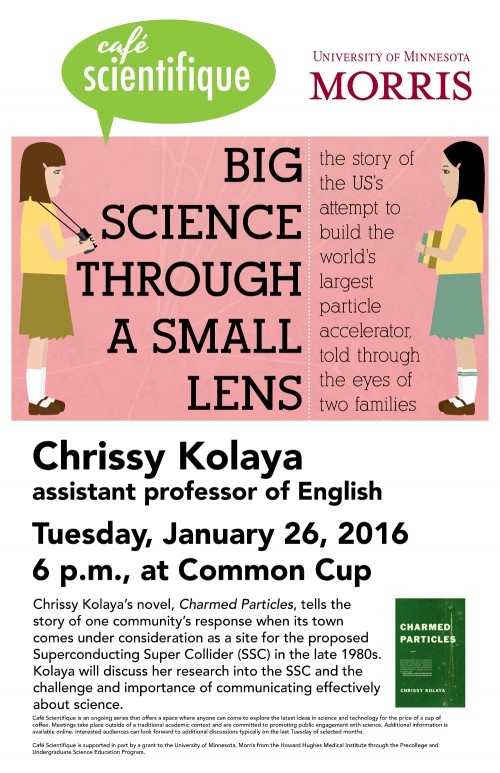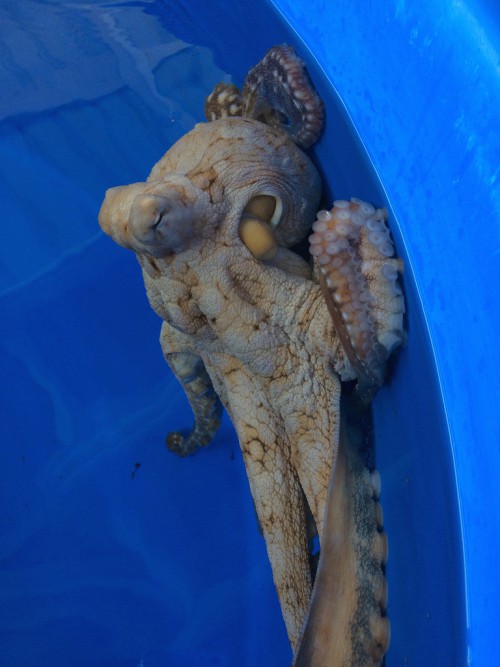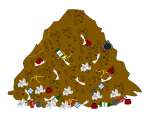Here’s an interesting discussion on why Apple makes iPhones in China rather than the US. It’s not just cheap labor. It’s because we don’t have an appropriately trained work force.
The U.S. can’t compete with China on wages. It can’t compete on the size of the labor force. China has had a decades-long push in its education system to train these workers; the U.S. has not. And the U.S. doesn’t have the facilities or the proximity to the Asian component manufacturers.
Speaking as someone at a liberal arts college, where we teach a broad, general approach to learning that is often abstract, I have to say I agree. There’s a place for us, but there’s also a place for vocational education, and we ought to be building an ecosystem of knowledge, where we value the two-year colleges as much as the four-year elites; liberal arts is not superior to welding and manufacturing.







